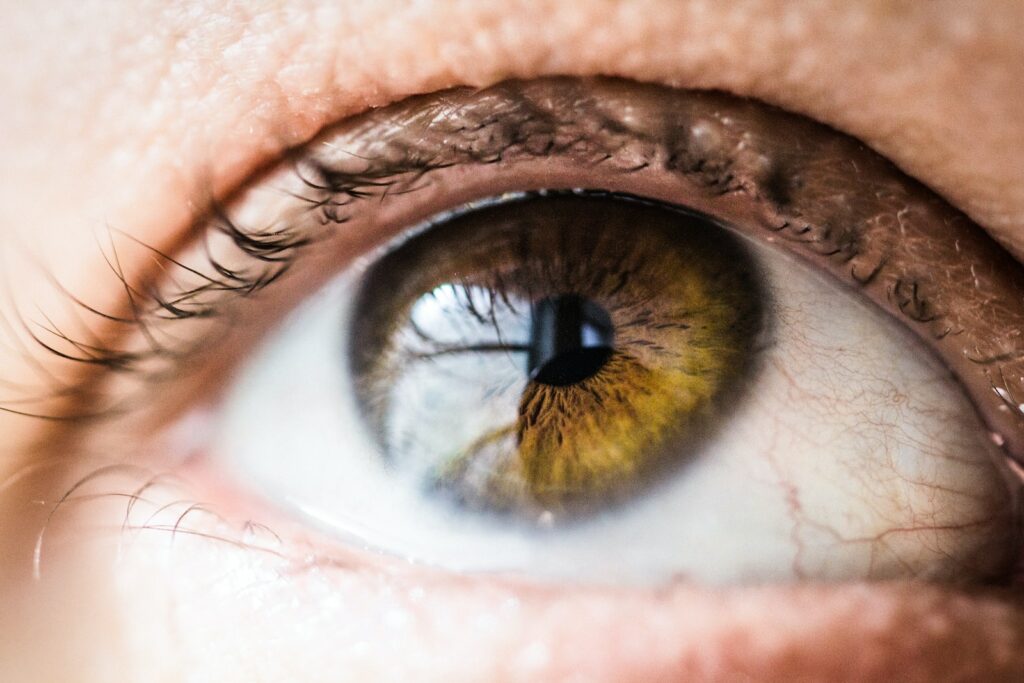Dry eye – prepared general available information by SHS team

Dry eye is a common condition that occurs when your eyes don’t produce enough tears or when the tears evaporate too quickly. It can lead to discomfort, redness, and irritation. Here are some tips to help treat and manage dry eyes:
-
Stay Hydrated: Drink plenty of water throughout the day to help maintain overall hydration, which can also benefit your eyes.
-
Blink Regularly: Be mindful of blinking, especially when working on a computer or reading. Blinking helps spread tears over the surface of the eyes.
-
Use a Humidifier: Use a humidifier in your living and working spaces to add moisture to the air, which can prevent excessive evaporation of tears.
-
Avoid Wind and Dry Air: Protect your eyes from windy and dry environments, using sunglasses or wraparound glasses. Use protective eyewear when exposed to harsh weather conditions.
-
Position Your Computer: Position your computer screen slightly below eye level to reduce the exposed surface area of your eyes, which can help minimize tear evaporation.
-
Follow the 20-20-20 Rule: When using screens for prolonged periods, take a break every 20 minutes, and look at something 20 feet away for at least 20 seconds to give your eyes a rest.
-
Reduce Screen Glare: Adjust your computer or device screen to reduce glare, which can contribute to eye strain and dryness.
-
Use Artificial Tears: Over-the-counter artificial tear eye drops can help lubricate the eyes and provide relief from dryness. Choose preservative-free options for frequent use.
-
Warm Compresses: Applying a warm compress over your closed eyelids can help stimulate tear production and relieve discomfort.
-
Omega-3 Fatty Acids: Incorporate foods rich in omega-3 fatty acids, such as fatty fish (salmon, mackerel) or flaxseeds, as they may help improve tear quality.
-
Limit Eye Irritants: Avoid smoke, direct exposure to fans, and other irritants that can worsen dry eye symptoms.
-
Consider Blinking Exercises: Some blinking exercises recommended by eye care professionals can help improve tear distribution and decrease dryness.
-
Consult an Eye Care Professional: If dry eye symptoms persist or worsen, consult an eye care professional (ophthalmologist or optometrist) for a thorough evaluation and personalized treatment recommendations.
Remember that every individual’s experience with dry eyes is unique. What works for one person might not work for another. It’s important to be consistent with the management techniques that bring you relief and to seek professional advice if your symptoms persist or worsen.


Responses